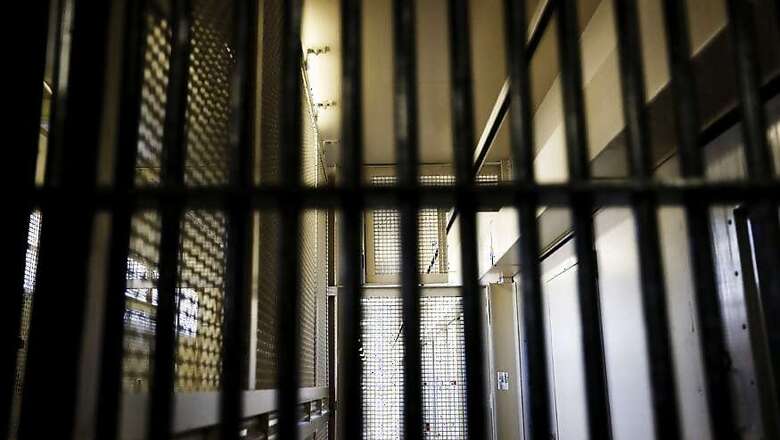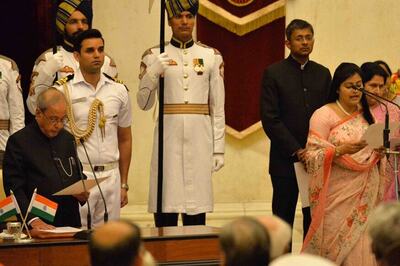
views
New Delhi: The Law Commission of India in its 273rd report has submitted a "Prevention of Torture Bill 2017" to the government and has recommended that compensation be paid to victims of custodial torture and as a deterrent, life imprisonment for perpetrators.
The proposed bill specifically looks to provide punishment for torture or other forms of cruel, inhuman and/or degrading treatment inflicted by public servants or any person acting under the consent of a public servant.
In its report titled "Implementation of ‘United Nations Convention against Torture and other Cruel, Inhuman and Degrading Treatment or Punishment’ through Legislation", the law commission has recommended the Centre to ratify the United Nations Convention Against Torture and frame an all-encompassing anti-torture law directly making the State responsible for any injury inflicted by its agents on citizens.
The commission, headed by a former Supreme Court Judge, has recognised that neither the Indian Penal Code nor the Code of Criminal Procedure has a separate provision for torture and hence the legislation submitted would act as a yardstick to recognise the same as a penal offence.
The government had referred this matter to the law commission after the apex court came down heavily on the government following a plea filed by lawyer Ashwini Upadhyay. The SC had described torture as "an instrument of human degradation used by the state."
The proposed legislation — The Prevention of Torture Bill, 2017 — provides a wide definition to torture not only confined to physical pain, but also including “inflicting injury, either intentionally or involuntarily, or even an attempt to cause such an injury, which will include physical, mental or psychological”.
The highest body on recommendation of laws has stated that after analysing the present penal statutes, it feels a need for amendments to be made.
"The Commission has come to the conclusion that the Criminal Procedure Code, 1973 and the Indian Evidence Act, 1872 require amendments to accommodate provisions regarding compensation and burden of proof, respectively," reads the report.
The law panel has also said that while determining the compensation, the courts "may also take into consideration the nature of torture which could be physical, mental and psychological. The Court will have to keep in mind the amount required by the victim for the follow-up treatment of the injuries suffered and the amount which may be required for rehabilitation of the victim to come out from the agony of torture".




















Comments
0 comment